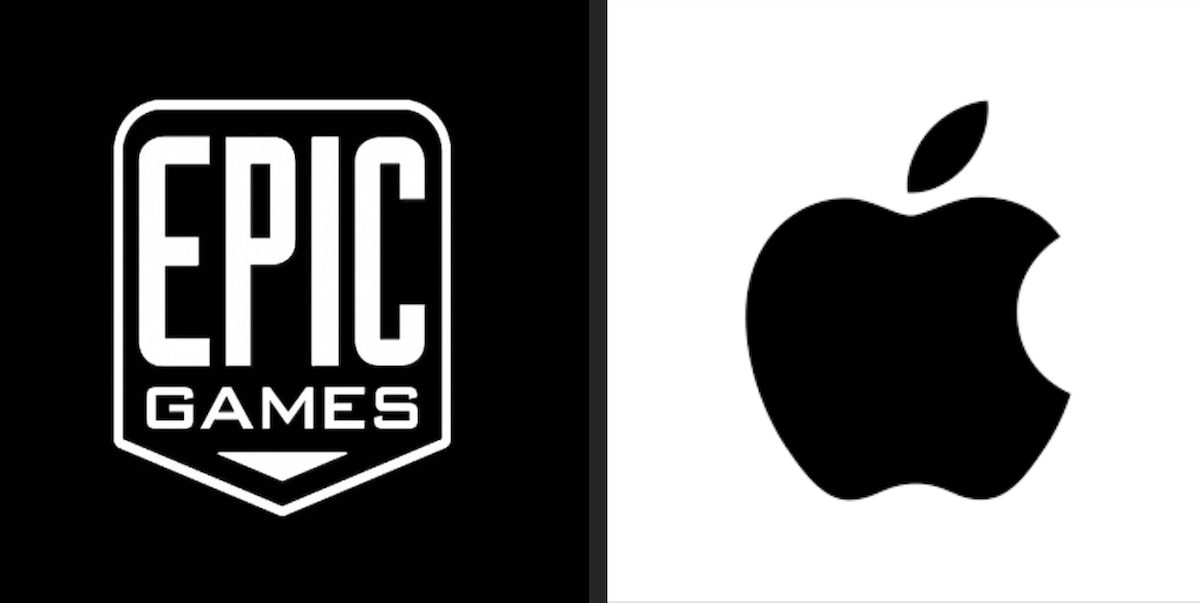The US Ninth Circuit Court of Appeals has upheld the lower court’s 2021 verdict in the Apple vs. Epic Games case which is a “resounding victory” for the Cupertino tech giant.

In the hope to get a court’s ruling against Apple’s App Store policies of 30% commission for all in-app purchases and prohibition of third-party app stores on iOS, Epic Games sued the tech giant in 2020 after a series of events which led to the removal of Fortnite from the App Store and Epic’s developer account.
In 2021, Judge Roger did not find Apple’s commission for in-app purchases and ban on sideloading in violation of antitrust laws and ruled that Epic Games breached its contract. However, the judge also ordered the tech giant to end its anti-steering policy and allow developers to add external links to alternative payment methods in their iOS apps.
Unhappy with the court’s decision, Epic Games filed an appeal to get the case overturned in 2022 claiming that the court and Apple made errors.
Appeals Court rules in favor of Apple in nine out of ten claims
Before the hearing on Epic Games vs. Apple appeals began, the U.S. Department of Justice had put its weight behind the developer against Apple’s antitrust practices. DOJ officials spoke at the hearing on the misinterpretation of the Sherman Act by the lower court.
However, the three-judge panel ruled that it was not the court’s job to regularize the influence and power of digital marketplaces and upheld the verdict according to Bloomberg.
“There is a lively and important debate about the role played in our economy and democracy by online transaction platforms with market power,” the three-judge panel said. “Our job as a federal court of appeals, however, is not to resolve that debate — nor could we even attempt to do so. Instead, in this decision, we faithfully applied existing precedent to the facts.”

Although the court acknowledged that the lower court did not define the appropriate antitrust market, it was insignificant because Epic could not substantiate its claims.
The appeals court said the lower court “erred” in defining the appropriate antitrust market but concluded that was “harmless” and Epic failed to “show its proposed market definition and the existence of any substantially less restrictive alternative means for Apple to accomplish the procompetitive justifications supporting iOS’s walled garden ecosystem.”
Furthermore, the court also agreed with Judge Roger’s ruling against Apple’s anti-steering policy and found that it hurt Epic and directed her to revisit the decision which took off the burden to pay Apple’s attorney fees.
The panel said it agreed with the finding by Rogers that Epic was “injured” under California’s competition laws due to Apple’s previous policy that stopped app developers from steering users to outside payment methods. It directed Rogers to revisit her ruling that Epic didn’t owe Apple fees it paid attorneys.
The tech giant celebrated the verdict, calling it a “resounding victory” after winning nine out of ten claims at the Ninth Circuit Court of Appeals. Epic did not respond.
“The App Store continues to promote competition, drive innovation, and expand opportunity, and we’re proud of its profound contributions to both users and developers around the world,” the company said in an emailed statement. “We respectfully disagree with the court’s ruling on the one remaining claim under state law and are considering further review.
Read More:
- Epic Games settles child privacy cases for $520 million [U: FTC approves $245 million payout]
- Epic Games CEO claims Fortnite will be back on iOS in 2023
- iPhone 15 Pro and Pro Max rumors: design, features and more [New: 5-6x optical zoom]
- iOS 17 to feature a new journaling app like Day One to record daily activities and feelings
- iOS 17 rumors: features, devices, and more [New: improved Wallet and Find My and sideloading]